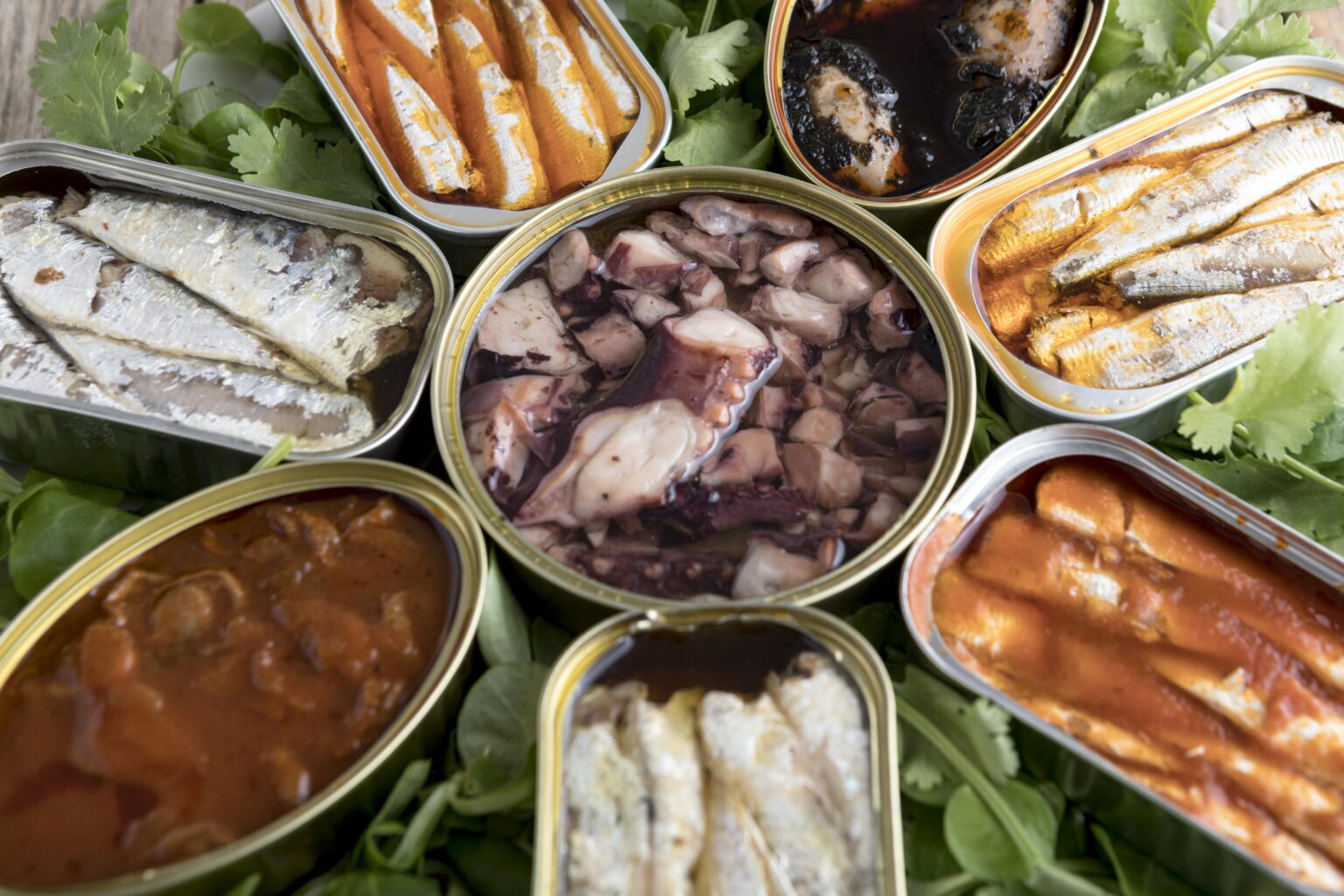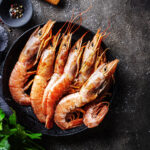Introduction: South African cuisine is a vibrant fusion of flavours and influences, reflecting the nation’s rich cultural diversity. One dish that holds a special place in the hearts of South Africans is pickled fish. This traditional delicacy has its roots in the Cape Malay community and is a cherished part of the country’s culinary heritage. Besides being incredibly tasty, pickled fish is also packed with essential nutrients. In this article, we’ll delve into the world of South African pickled fish recipes, highlighting their nutritious qualities and the ingredients that make them so special.
The Nutritional Value of Pickled Fish: Pickled fish is not only a delightful treat for the taste buds, but it also offers several health benefits. The primary ingredient, fish, is an excellent source of high-quality protein, omega-3 fatty acids, and essential vitamins and minerals. These nutrients contribute to heart health, brain function, and overall well-being.
Fish, such as snoek, yellowtail, or mackerel, commonly used in pickled fish recipes, is rich in omega-3 fatty acids. These healthy fats have been linked to reducing inflammation, improving cardiovascular health, and supporting brain function. Omega-3 fatty acids are also known to lower blood pressure and reduce the risk of chronic diseases.
Pickled fish is typically marinated in a mixture of vinegar, spices, and herbs, providing additional health benefits. Vinegar, for instance, aids in digestion, helps control blood sugar levels, and has antimicrobial properties. The spices and herbs used, such as turmeric, ginger, garlic, and coriander, are known for their antioxidant, anti-inflammatory, and immune-boosting properties.
Nutritious South African Pickled Fish Recipes:
- Cape Malay Pickled Fish: Ingredients:
- 1 kg fish fillets (snoek, yellowtail, or mackerel)
- 1 cup vinegar
- 1 cup water
- 1 cup sugar
- 2 onions, thinly sliced
- 4 cloves of garlic, crushed
- 2 tablespoons curry powder
- 2 teaspoons turmeric
- 2 teaspoons ground ginger
- 1 teaspoon ground coriander
- 1 teaspoon salt
- Vegetable oil, for frying
Method:
- Season the fish fillets with salt and set aside.
- Heat oil in a frying pan and fry the fish until cooked through. Remove and set aside.
- In a separate pot, combine vinegar, water, sugar, onions, garlic, curry powder, turmeric, ginger, coriander, and salt. Bring the mixture to a boil and simmer for 10 minutes.
- Place the cooked fish in a glass dish and pour the hot vinegar mixture over it.
- Allow the fish to cool, cover, and refrigerate for at least 24 hours to allow the flavors to develop.
- Serve chilled with crusty bread or rice.
- Spicy Pickled Fish: Ingredients:
- 1 kg fish fillets (hake, kingklip, or yellowtail)
- 1 cup white vinegar
- 1 cup water
- 2 onions, sliced
- 4-6 green chilies, sliced
- 4 cloves of garlic, crushed
- 2 teaspoons paprika
- 2 teaspoons ground cumin
- 1 teaspoon ground coriander
- 1 teaspoon ground turmeric
- 1 teaspoon salt
- Vegetable oil, for frying
Method:
- Season the fish fillets with salt and set aside.
- In a frying pan, heat oil and fry the fish until golden brown. Remove and set aside.
- In a separate pot, combine vinegar, water, onions, chilies, garlic, paprika, cumin, coriander, turmeric, and salt. Bring the mixture to a boil and simmer for 10 minutes.
- Place the cooked fish in a glass dish and pour the hot vinegar mixture over it.
- Allow the fish to cool, cover, and refrigerate for at least 24 hours.
- Serve chilled as an appetizer or with fresh salad greens.
South African pickled fish recipes are not only bursting with flavours but also provide a range of health benefits. The combination of fish, rich in omega-3 fatty acids, and the nutritious properties of vinegar, spices, and herbs make this traditional dish a wholesome choice. Whether you prefer the aromatic spices of Cape Malay pickled fish or the fiery kick of spicy pickled fish, these recipes are sure to tantalize your taste buds while nourishing your body. So, give these delightful South African pickled fish recipes a try and embark on a culinary adventure that celebrates both tradition and nutrition.








